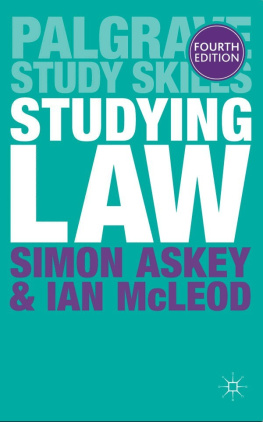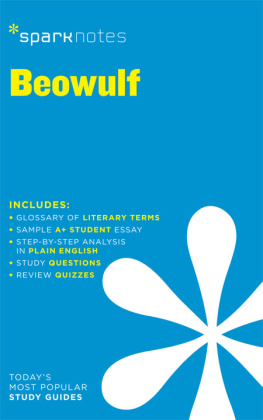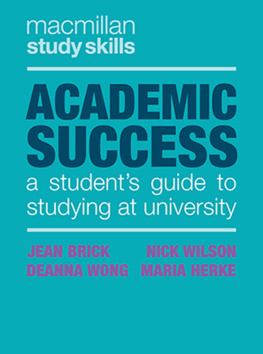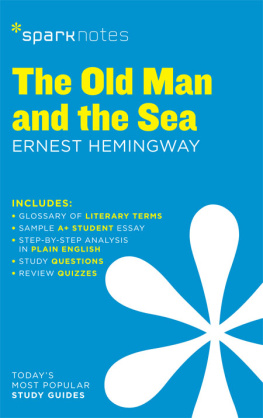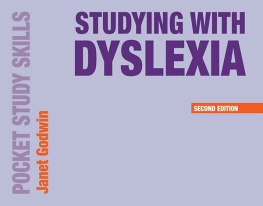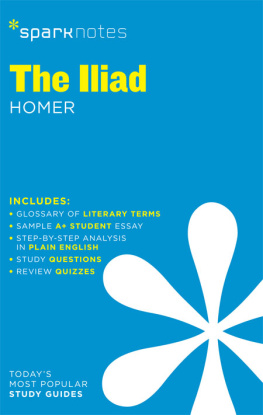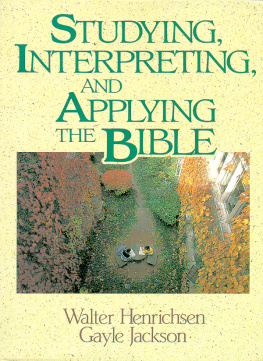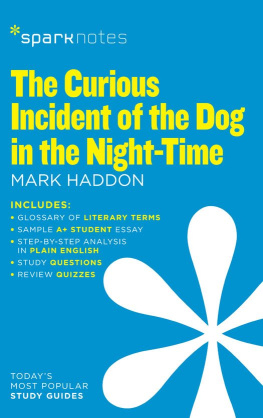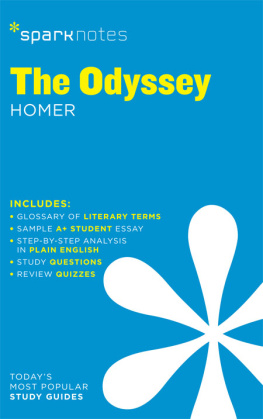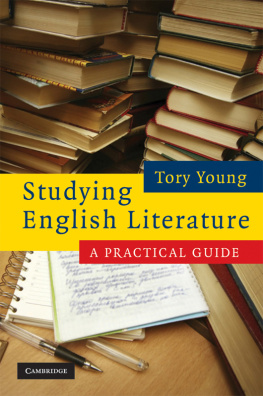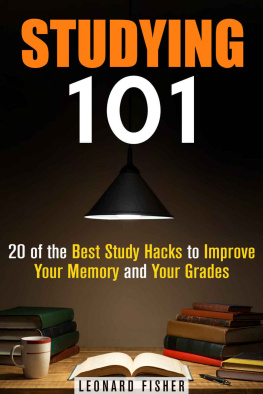Simon Askey - Studying Law
Here you can read online Simon Askey - Studying Law full text of the book (entire story) in english for free. Download pdf and epub, get meaning, cover and reviews about this ebook. year: 2014, publisher: Macmillan Education UK, genre: Religion. Description of the work, (preface) as well as reviews are available. Best literature library LitArk.com created for fans of good reading and offers a wide selection of genres:
Romance novel
Science fiction
Adventure
Detective
Science
History
Home and family
Prose
Art
Politics
Computer
Non-fiction
Religion
Business
Children
Humor
Choose a favorite category and find really read worthwhile books. Enjoy immersion in the world of imagination, feel the emotions of the characters or learn something new for yourself, make an fascinating discovery.
- Book:Studying Law
- Author:
- Publisher:Macmillan Education UK
- Genre:
- Year:2014
- Rating:5 / 5
- Favourites:Add to favourites
- Your mark:
- 100
- 1
- 2
- 3
- 4
- 5
Studying Law: summary, description and annotation
We offer to read an annotation, description, summary or preface (depends on what the author of the book "Studying Law" wrote himself). If you haven't found the necessary information about the book — write in the comments, we will try to find it.
Studying Law introduces students to the fundamental legal skills that they will need to successfully study the subject, such as case analysis, legislative interpretation, problem solving and essay writing, and to the core Law subjects themselves and the distinctions between them.
Studying Law — read online for free the complete book (whole text) full work
Below is the text of the book, divided by pages. System saving the place of the last page read, allows you to conveniently read the book "Studying Law" online for free, without having to search again every time where you left off. Put a bookmark, and you can go to the page where you finished reading at any time.
Font size:
Interval:
Bookmark:
Studying Law
www.skills4study.com the leading study skills website
Palgrave Study Skills
Authoring a PhD
Business Degree Success
Career Skills
Critical Thinking Skills (2nd edn)
Cite them Right (8th edn)
e-Learning Skills (2nd edn)
Effective Communication for Arts and Humanities Students
Effective Communication for Science and Technology
The Exam Skills Handbook
The Foundations of Research (2nd edn)
The Good Supervisor
Great Ways to Learn Anatomy and Physiology
How to Manage your Arts, Humanities and Social Science Degree
How to Manage your Distance and Open Learning Course
How to Manage your Postgraduate Course
How to Manage your Science and Technology Degree
How to Study Foreign Languages
How to Study Linguistics (2nd edn)
How to Use your Reading in your Essays (2nd edn)
How to Write Better Essays (3rd edn)
How to Write your Undergraduate Dissertation (2nd edn)
Information Skills
IT Skills for Successful Study
Making Sense of Statistics
The International Student Handbook
The Mature Students Guide to Writing (2nd edn)
The Mature Students Handbook
The Palgrave Student Planner
The Personal Tutors Handbook
The Postgraduate Research Handbook (2nd edn)
Presentation Skills for Students (2nd edn)
The Principles of Writing in Psychology
Professional Writing (2nd edn)
Researching Online
Research Using IT
Skills for Success (2nd edn)
The Study Abroad Handbook
The Students Guide to Writing (2nd edn)
The Student Life Handbook
The Study Skills Handbook (4th edn)
Study Skills for International Postgraduates
Study Skills for Speakers of English as a Second Language
Studying Arts and Humanities
Studying the Built Environment
Studying Business at MBA and Masters Level
Studying Economics
Studying History (3rd edn)
Studying Law (4th edn)
Studying Mathematics and its Applications
Studying Modern Drama (2nd edn)
Studying Physics
Studying Programming
Studying Psychology (2nd edn)
Teaching Study Skills and Supporting Learning
The Undergraduate Research Handbook
The Work-Based Learning Student Handbook
Work Placements A Survival Guide for Students
Writing for Law
Writing for Nursing and Midwifery Students (2nd edn)
Write it Right
Writing for Engineers (3rd edn)
Pocket Study Skills
Series Editor: Kate Williams
14 Days to Exam Success
Blogs, Wikis, Podcasts and More
Brilliant Writing Tips for Students
Completing Your PhD
Doing Research
Getting Critical (2nd edn)
Planning Your Dissertation
Planning Your Essay (2nd edn)
Planning Your PhD
Posters and Presentations
Reading and Making Notes (2nd edn)
Referencing and Understanding Plagiarism
Science Study Skills
Success in Groupwork
Time Management
Writing for University
Studying Law
Fourth edition
Simon Askey
Deputy Director of the Undergraduate Laws Programme
University of London International Programmes
and
Ian McLeod
Honorary Professor of Law
Stirling Law School
University of Stirling, UK


Simon Askey and Ian McLeod 2006, 2008, 2011, 2014
All rights reserved. No reproduction, copy or transmission of this publication may be made without written permission.
No portion of this publication may be reproduced, copied or transmitted save with written permission or in accordance with the provisions of the Copyright, Designs and Patents Act 1988, or under the terms of any licence permitting limited copying issued by the Copyright Licensing Agency, Saffron House, 610 Kirby Street, London EC1N 8TS.
Any person who does any unauthorized act in relation to this publication may be liable to criminal prosecution and civil claims for damages.
The author(s) has/have asserted his/her/their right(s) to be identified as the author(s) of this work in accordance with the Copyright, Designs and Patents Act 1988.
First published 2014 by
PALGRAVE MACMILLAN
Palgrave Macmillan in the UK is an imprint of Macmillan Publishers Limited, registered in England, company number 785998, of Houndmills, Basingstoke, Hampshire RG21 6XS.
Palgrave Macmillan in the US is a division of St Martins Press LLC, 175 Fifth Avenue, New York, NY 10010.
Palgrave Macmillan is the global academic imprint of the above companies and has companies and representatives throughout the world.
Palgrave and Macmillan are registered trademarks in the United States, the United Kingdom, Europe and other countries
ISBN-13: 978-1-137-41268-3
This book is printed on paper suitable for recycling and made from fully managed and sustained forest sources. Logging, pulping and manufacturing processes are expected to conform to the environmental regulations of the country of origin.
A catalogue record for this book is available from the British Library.
A catalog record for this book is available from the Library of Congress.
Preface
Law teachers and examiners often complain that many students fail to do themselves justice. More particularly, they complain that although many students have learned a great deal of law, they have simply not mastered the skills of using the law to deal with the kind of tasks that they have to perform. While these skills may be practised and developed in the context of tutorials and seminars, they must ultimately be demonstrated in assessed work of one kind and another. Additionally, for those students who go on to pursue careers with a law element (whether in the legal profession or elsewhere) these skills will continue to be invaluable in the much longer term.
This edition continues the established structure of the book by beginning with an introduction to some basic ideas which underpin both law itself and the English legal system, before explaining how lawyers find and cite the sources of law. There is then a discussion of the basic principles of legal method, followed by a chapter on how to read law reports and statutes. The case we have chosen to illustrate the way in which law reports should be read is Henthorn v Fraser [1892] 2 Ch 27 and we are grateful to the Incorporated Council of Law Reporting for England and Wales, Megarry House, 119 Chancery Lane, London, WC2A 1PP, publishers of The Law Reports and The Weekly Law Reports, for permission to reproduce the text. The statute we have chosen is the Dealing in Cultural Objects (Offences) Act 2003, the original text of which was printed under the superintendence and authority of the Controller of Her Majestys Stationery Office, being the Queens Printer of Acts of Parliament. The Act is Crown copyright and is reproduced by permission. After a chapter on how to write formal English, the final three chapters explain how to answer essay questions and problem questions, and how to make oral presentations. The chapter on oral presentations includes guidance on mooting.
The major changes to the content of the previous edition are that . Additionally, of course, we have tried to reduce the infelicities which inevitably seem to slip through any process of writing, rewriting and proof-reading.
Although we have each been responsible for originating individual chapters, we have jointly revised the whole book. Accordingly, convention requires that, publicly at any rate, we must each accept full responsibility for any remaining defects. Of course, this will not stop us privately blaming each other if any such matters are subsequently brought to our attention.
Next pageFont size:
Interval:
Bookmark:
Similar books «Studying Law»
Look at similar books to Studying Law. We have selected literature similar in name and meaning in the hope of providing readers with more options to find new, interesting, not yet read works.
Discussion, reviews of the book Studying Law and just readers' own opinions. Leave your comments, write what you think about the work, its meaning or the main characters. Specify what exactly you liked and what you didn't like, and why you think so.

